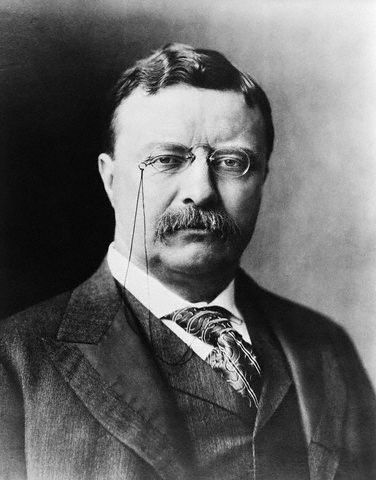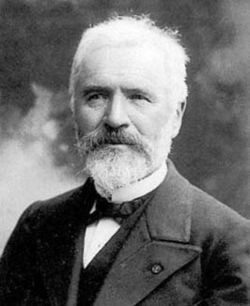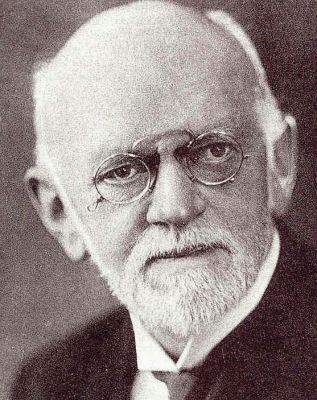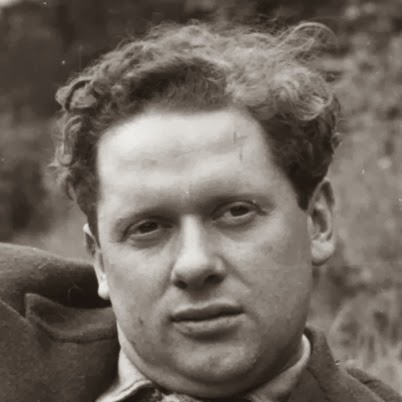 Antarctica |
 Antarctica |
| Far better it is to dare mighty things, to win glorious triumphs, even though checkered by failure, than to take rank with those poor spirits who neither enjoy nor suffer much, because they live in the gray twilight that knows neither victory nor defeat. |
 -- Theodore
Roosevelt -- Theodore
Roosevelt |
| "Continue in scientific research, you will experience great joy from it. But you must learn to enjoy it alone. You will be a subject of astonishment to those close to you. You will not be much better understood by the scholarly world. Mathematicians have a place apart there, and even they do not always read each other." |
 -- Camille Jordan to Henri
Lebesgue -- Camille Jordan to Henri
Lebesgue |
| "He who seeks for methods without having a definite problem in mind seeks for the most part in vain." |
 -- David Hilbert -- David Hilbert |
| "Do not go gentle into that good night, Rage, rage against the dying of the light." |
 -- Dylan Thomas -- Dylan Thomas |
| "Yesterday upon the stair I met a man who wasn't there. He wasn't there again today. I wish that man would go away." |
| -- Hughes Mearns |

Teaching History | |||||||||||
|
|||||||||||
|
|
||||||||||
|
|
||||||||||
|
|
|
| ||||||||
|
|
|
|||||||||
|
|
|
|||||||||
|
|
|
|||||||||
|
|
|
|||||||||
|
|
|
|||||||||
|
|
|
|||||||||
|
|||||||||||
|
|||||||||||
|
|
|
|||||||||
|
|
|
|||||||||
|
| ||||||||||
|
|
|
|||||||||
|
|||||||||||
| CIS 150 | Introduction to Computer Applications This course is designed to provide a broad-based introduction to the use of computers to enhance personal productivity. Topics to be covered are use of a graphical user interface, word processing, spreadsheet analysis, basic image management related to documents and reports and the fundamentals of Internet publishing. No prerequisites. |
| CIS 120 | Problem Solving and Programming Concepts I Introduction to the design of algorithms and their implementation in a high-level programming language. Topics include: algorithm design strategies, programming concepts, programming environment, data structures, searching and sorting methods, and internal representation of data types. Prerequisite: MA 112 or an ACT score of 24 in Mathematics. Corequisite: CIS 122. |
| CIS 121 | Problem Solving and Programming Concepts II Continuation of CIS 120. Topics include: design concepts, abstract data types, use of object libraries, dynamic storage allocation, stacks, queues, link lists, random access files, testing and software engineering practices. Prerequisites: CIS 110 and 120. Corequisite: CIS 123. |
| CIS 211 | Advanced C++ Programming Advanced concepts in C++ Programming, constructors, destructors, classes and operation overloading. |
| CIS 227 | Numerical Computation I Floating point numbers, representation, and errors; software tools for scientific computing; elementary problems in scientific computing. Prerequisite: MA 126. |
| CIS 247 | Data Communications and Networking |
| CIS 271 | Scientific Programming with Fortran |
| CIS 272 | Scientific Programming with C |
| CIS 321 | Data Communications and Networking An introduction to data communications, computer networking, and network operating systems. Topics include: basic concepts of data transmission, network architectures, communications devices, and communications protocols. Prerequisite: CIS 121. |
| CIS 405/505 | Programming Languages This course is a cross-listed graduate/undergraduate course. The course examines programming language theory including examinations of languages such as LISP and PROLOG and provides an introduction to Automata Theory. |
| CIS 401/501 | Accelerated Programming Introduction to the design of algorithms and their implementation in a high-level programming language. Topics include: problem solving strategies, programming concepts, programming environment, arrays, searching and sorting, internal representations of data, data concepts, abstract data types, use of object libraries, testing strategies, and software engineering practices. |